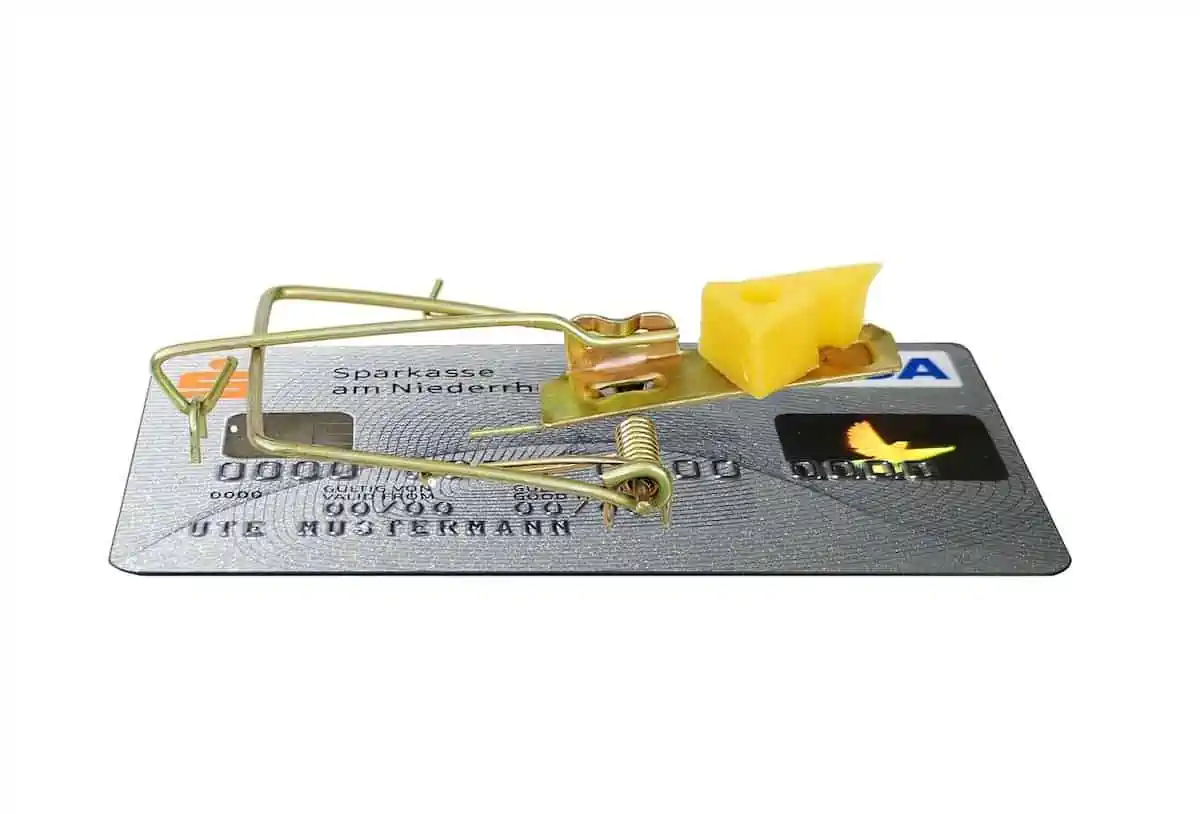They make it so easy, don’t they? Those credit cards. Many of us have a dysfunctional relationship with them. We both appreciate and resent them for their ease of use and convenience. It certainly is easy to overuse them.
Effectively managing credit card balances is more than a notion. However, it can be done. Now is really the time to get on top of this, as the Fed has again issued a rate increase to try to tame inflation, making credit card debt more expensive. Plus, the economy is still reeling from an historic pandemic, and we may be entering a recession.
Handling Credit Card Debt
Getting your arms around your credit card debt typically calls for an approach that involves less spending, more saving, and a commitment to debt elimination.
Make Timely Payments
You simply must always pay your bills on time. Just one missed payment can wreak more havoc on your finances than it’s worth. Not only will your credit scores get dinged, but the credit card companies can slam you with late fees and increased interest rates. They can also lower your credit limit.
Control Your Spending
Foment a household culture of financial responsibility.
- Exercise maintenance. So that you’re not unnecessarily replacing or repairing your possessions, take good care of them. Make sure you stay atop of vehicle maintenance and the like to extend the life of it and other things you need.
- Seek grocery bargains. Be on the lookout for deals as well as coupons. Consider buying more generic or store brands.
- See where you can cut back. Look over recent bills, receipts, and bank statements to see where you can save money. Examine your cable or streaming services, for example, as well as your phone bill.
- Cut back on indulgences. Yes, we all have those “little” things we enjoy — that fancy drive-through coffee, those too-frequent dinner take-outs, etc. There’s no need to live a life of asceticism, but you must be disciplined in this area so that you don’t go overboard. When you do spend, think of it as treat rather than a regular expenditure.
- Establish a budget. By the same token, you simply must create a budget so that you know how much you’re spending and what you’re spending on. You may be surprised by what you see when you track your spending.
- Be smart about credit use. Be sparing with your credit card use. A good rule of thumb is to never put something on a card that you can’t pay off within three months. Ideally, you’re able to erase each charge within a month, so you can avoid paying all that interest. If you’re already overwhelmed with credit card debt, you can get help at Freedom Debt Relief.
Select a Debt Reduction Strategy
You do have options, including paying more than the minimum, the debt snowball method, debt avalanche, automating your payments so that you stay current, and debt settlement if your bills are out of hand, and you see no way to pay your debts on your own.
Establish an Emergency Fund
Unless you have $1,000, at minimum, socked away, you’re always going to have to pull out the plastic whenever something unexpected comes up, which always does. It’s called life, and it’s best to be prepared. Once you get that $1,000 cushion, be diligent about establishing an emergency fund equal to six months of expenses, no matter how long it takes.
In summary, managing credit card debt can be daunting, but not if you create good habits around budgeting, spending, and paying attention to due dates. If you’re in over your head right now, perhaps pursue debt settlement.

